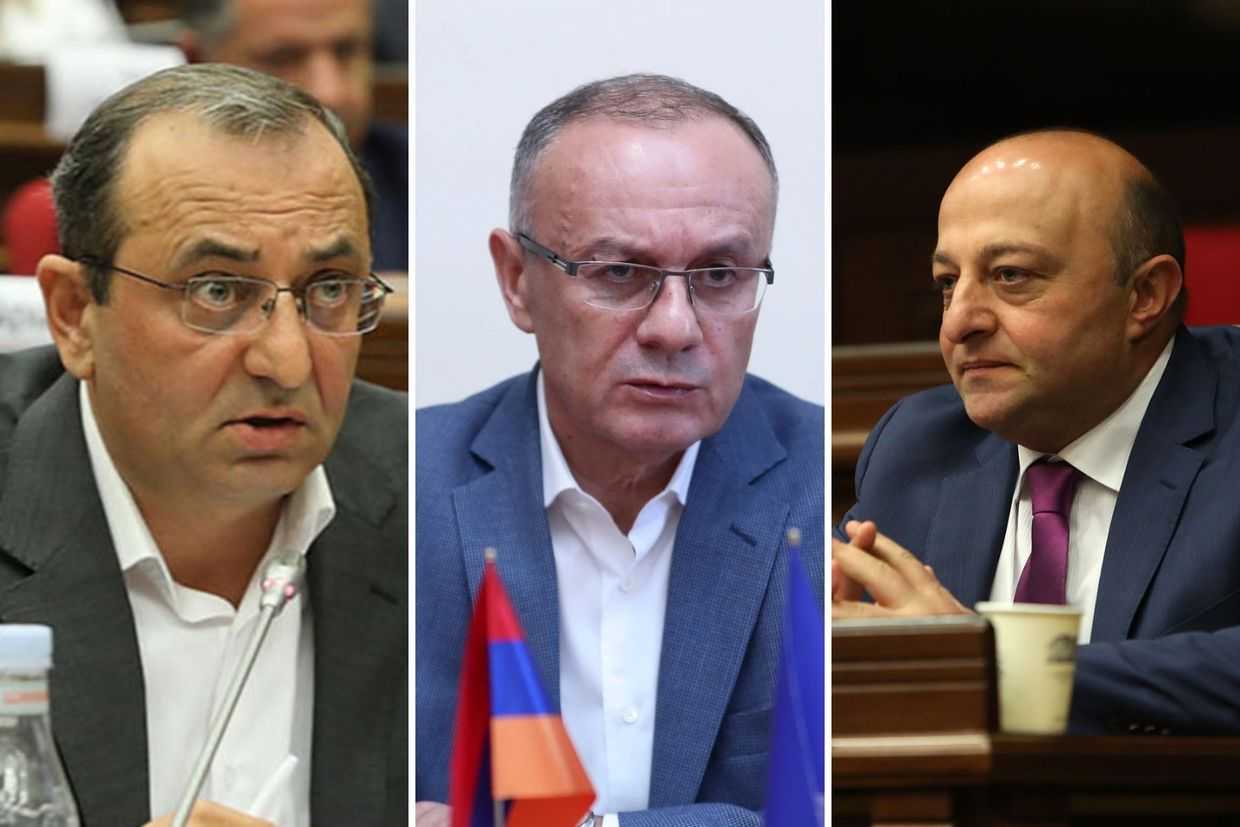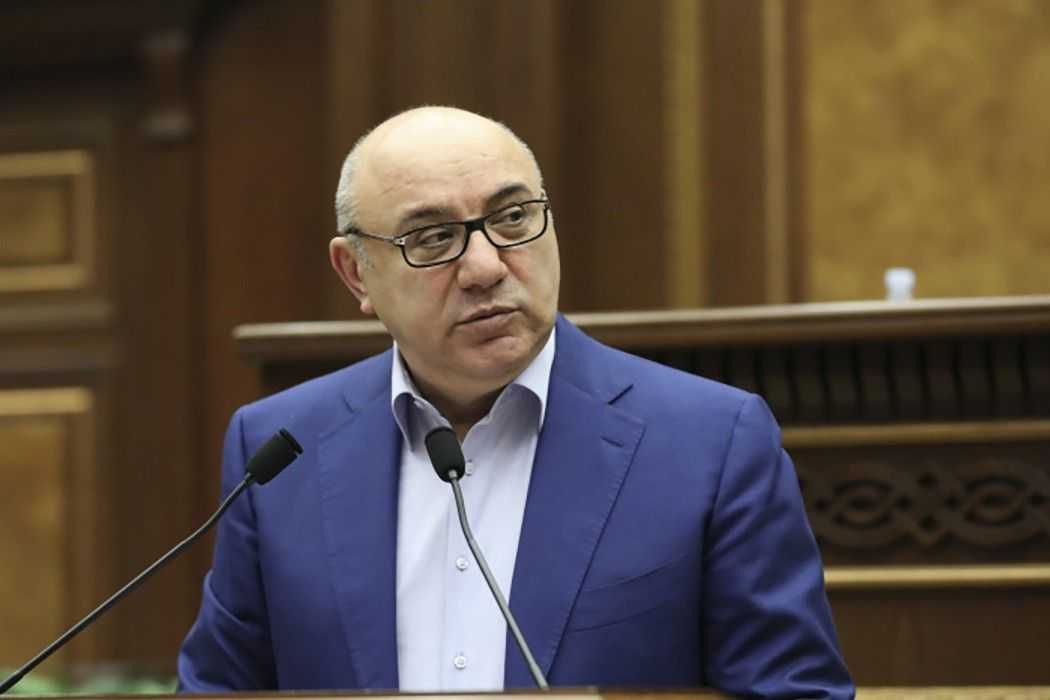
Poligraf, a prominent nightclub in central Yerevan, has been stormed by police in a reported drug bust. The raid triggered criticism and discussion about police, drugs, and safe spaces used by the queer community.
The police raided and shut the club down in the early hours of Sunday, detaining over forty people, among them clubbers and employees.
The raid was reportedly initiated over an alleged report of drug use and trafficking in the club.
The head of the communications department for the Armenian police, Zarzand Gabrielyan, told journalists that the raid was part of an ongoing criminal investigation.
On Tuesday, Poligraf published CCTV footage showing at least 20 officers, some armed with submachine guns and wearing body armour, rushing into the club, pushing clubbers out of the way.
One police officer is seen hitting an onlooker in the head before pushing him to the ground.
Eyewitnesses claim that the police used force against everyone in the club, detaining them and taking them to a police station. There were reports they were then mistreated, strip searched, and mocked by police officers.
‘What violence?’
The raid on Poligraf sparked controversy on social media as several civil society groups spoke out against the law enforcement’s use of force.
The Helsinki Citizens’ Assembly Vanadzor, a leading human rights organisation in Armenia, condemned the violence and offered legal support to employees and visitors of the club ‘affected by the illegal actions’ of the police.
However, Armen Khachatryan, a ruling party MP, dismissed the criticism and justified the raid as part of the ‘fight against drugs’.
‘The police entered a club where everyone knows that drugs are being distributed, from synthetic drugs to everything’, Khachatryan claimed. ‘And you are talking about violence… what violence?’
The Deputy Minister of Internal Affairs, Arpine Sargsyan, said in Tuesday’s parliamentary session that she could not say whether the the police’s use of force was ‘proportional’ or whether officers faced violence from clubgoers.
‘I assure you that in any case, we received a report [of drugs in the club], and there was an appropriate response’.
Following the raid, Polygraph described the incident as an attack ‘on the entire clubbing community’ in Armenia.
‘We are all part of a more significant cultural and creative industry under threat’, read the club’s statement. ‘This is not just about our right to dance and express ourselves but about the very core of our society. We are part of a community that fosters creativity, diversity, and inclusivity. We provide a space for people to come together, connect, and share their experiences’.
The club called for support from society and ‘anyone who values creativity and diversity’.
Poligraf is widely considered to be one of the few safe spaces available to queer people in Armenia.
Queer rights organisation Pink condemned the raid and called it ‘unaccaptable’.
Lilit, a queer Armenian, told OC Media that Poligraf was the only place they feel ‘absolutely safe’. They learned about the raid through the media as information about the incident trickled down throughout the night.
‘Everyone describes everything in the same way: they came at 01:00 at night. They laid all those present on the ground, used violence, took everyone to the [police] department, and started mocking them, mainly based on their clothing and sexual orientation’.
Lilit also praised Poligraf’s door policies, saying they contribute to the sense of security the club has.
‘No one with a suspicious face or behavior is allowed in. Drunk people are not allowed either’, they said.
A similar raid on nightclubs in neighbouring Georgia led to massive protests by young people, who danced for hours in front of parliament. The protests, dubbed the ‘rave revolution’, led to an apology from then–Interior Minister Giorgi Gakharia.






